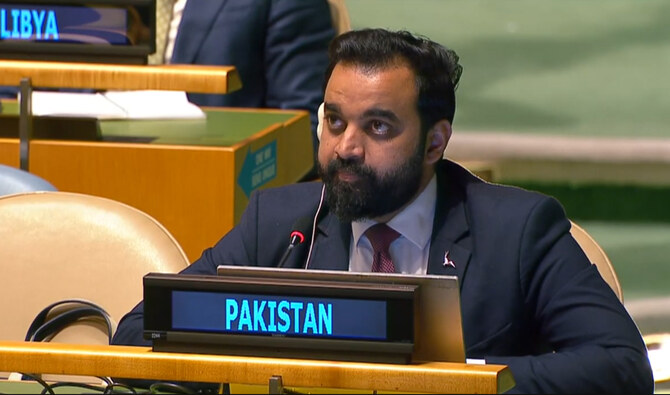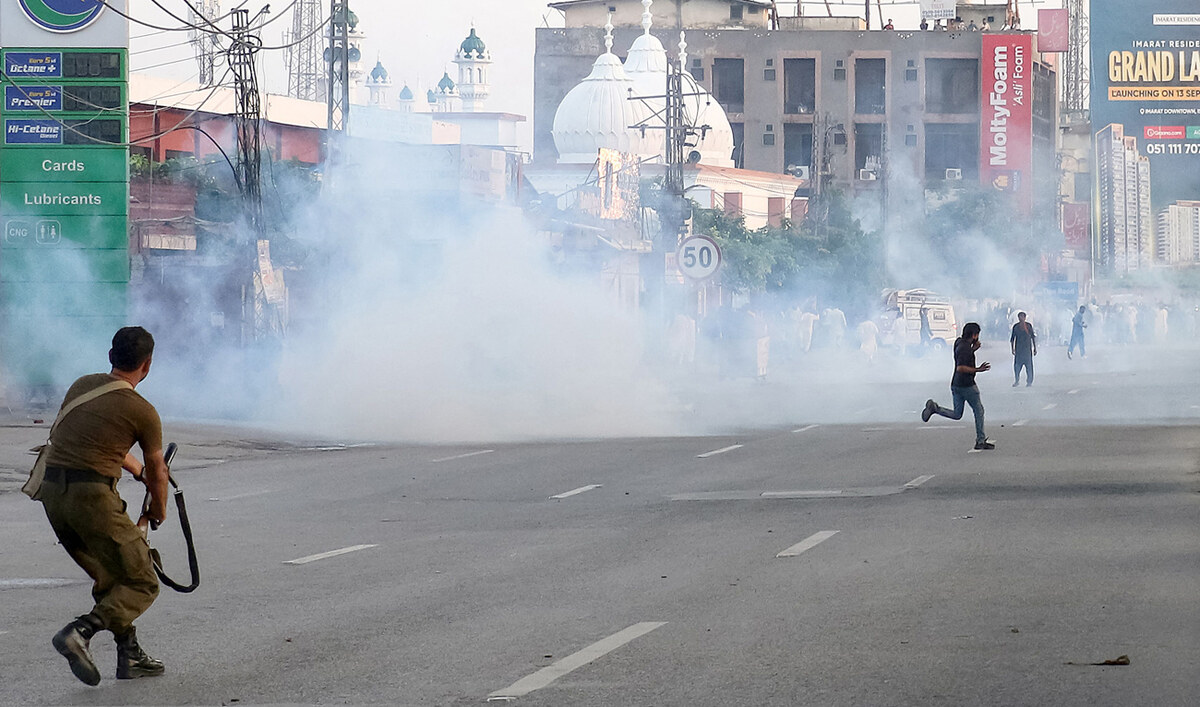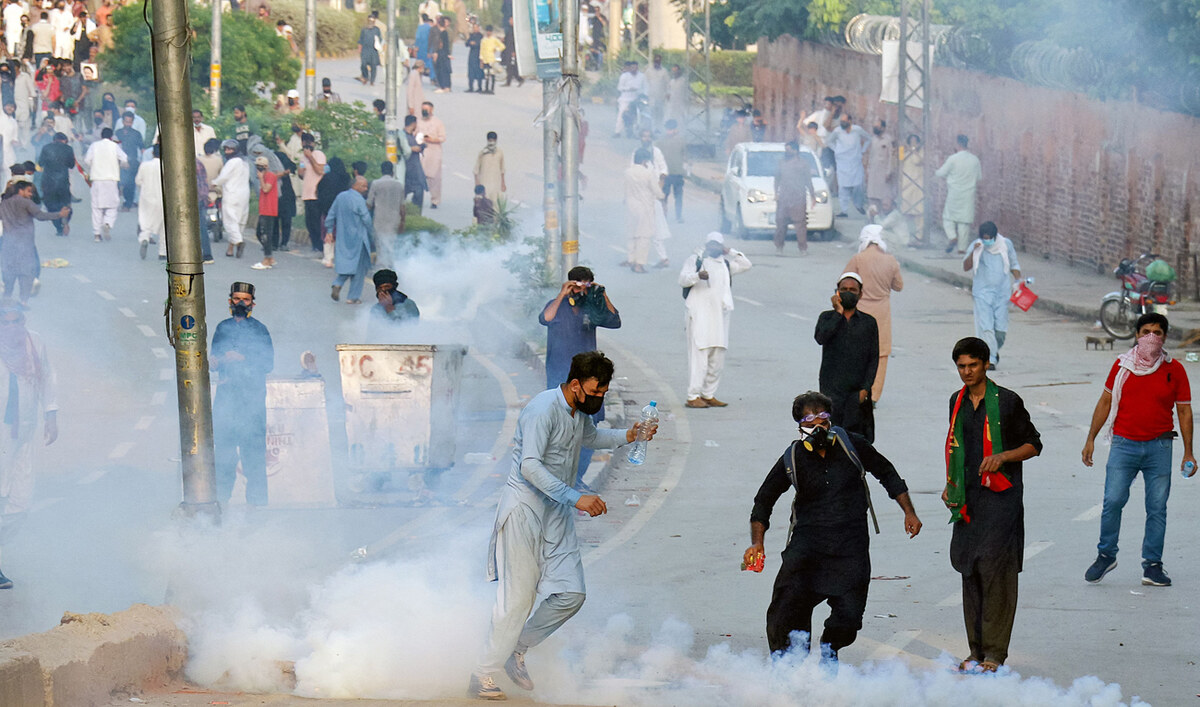ISLAMABAD: A Pakistani diplomat at the United Nations responded to India’s assertions against his country on Saturday, accusing New Delhi of sponsoring armed factions targeting Pakistani civilians and mistreating religious minorities.
The riposte came after an Indian diplomat exercised the Right of Reply following Prime Minister Shehbaz Sharif’s United Nations General Assembly speech, which was critical of New Delhi.
The Indian diplomat said Pakistan was “run by the military, with a global reputation for terrorism,” yet it had “the audacity to attack the world’s largest democracy.”
She also maintained that Islamabad had pursued a policy of “cross-border terrorism” against her country and had “hosted Osama bin Laden” for a long time.
“India continues to sponsor [terrorist] activities not only against Pakistan but also in other countries,” Muhammad Faheem, Third Secretary at the Pakistan Mission, told the world body.
“For decades, India has been the primary perpetrator, supporter and financer of terrorism,” he continued. “India’s sponsorship of terrorist organizations, such as Tehreek-e-Taliban Pakistan and the Balochistan Liberation Army, has led to the loss of thousands of innocent Pakistani lives.”

Muhammad Faheem, Third Secretary Pakistan UN Mission, speaks during a UNGA meeting at the United Nations Headquarters in New York on September 28, 2024. (Photo courtesy: Screengrab/UN)
Faheem said his country had shared evidence of Indian activities with the international community.
“Now, the Indian terrorist franchise has gone global, with assassinations and attempted murders of political dissidents on North American soil,” he added.
Pakistan has long accused India of sponsoring the anti-Pakistan militant factions which New Delhi has dismissed in the past.
India also faced diplomatic pressure due to its suspected involvement in the murder of a Sikh dissident in North America, Hardeep Singh Nijjar, who was based in Canada and was a prominent leader of the separatist Khalistan movement.
Nijjar was killed last year in June, and Canada publicly accused India of being involved in his assassination, sparking a diplomatic row between the two countries.
The United States also urged India to cooperate with Canada’s investigation into the murder.
The situation further complicated for New Delhi after an attempted assassination was of another Sikh dissident was reported, this time in the US.
The Pakistani diplomat also highlighted Indian “occupation” of Kashmir and said it had unleashed a “reign of terror” against its minorities.
Prime Minister Sharif had also criticized India for running a “settler-colonial project” in the disputed Himalayan territory by seizing Kashmiri lands and properties and trying to change the demographics of the Muslim-majority region.
So far, India has not responded to the Pakistani diplomat’s statement.



















